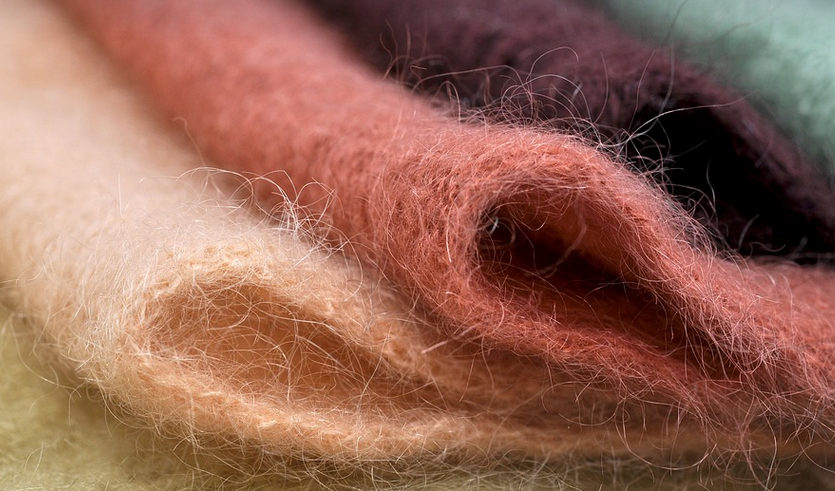
Unlocking the Benefits of Slow Feeding with Hay Nets
Hay nets have become a popular addition to any horse’s diet, particularly in modern equestrian settings. While hay is an essential part of a horse’s daily nutrition, feeding it in a single frenzy can be detrimental to their overall wellbeing and even lead to digestive issues.
The slow feeding aspect of hay nets offers a multitude of advantages for both you and your equine partner. They encourage strategic eating habits and promote a more relaxed approach to mealtime. This shift from hurried consumption to mindful munching helps horses with their digestion, regulate their metabolism, and even enhance their overall mental well-being.
The first key benefit lies in the very nature of the hay net itself. The physical act of picking through the hay and navigating the mesh structure encourages a more deliberate intake. Horses are creatures of habit, and this new level of engagement helps them slow down and eat at a pace that their digestive system can handle.
When we rush our horses’ meals, especially with large amounts of hay, it often leads to overeating. Excess food intake can put strain on the digestive tract, which could result in colic, bloating, and even discomfort. The gradual release of feed into the horse’s stomach thanks to the hay net ensures a more comfortable digestive process.
As horses are naturally prone to munching down their meals as if they were on an endless treadmill, hay nets offer a much-needed respite from this constant grazing pattern. The slow feeding nature encourages mindful eating, allowing them to savor each mouthful and appreciate the texture and taste of the hay.
A horse’s digestive system is intricately connected to their overall health. The introduction of hay nets allows for a controlled intake of fibrous material, which plays a crucial role in keeping their digestive tract healthy and functioning effectively. By slowing down the rate at which they consume hay, you allow your horse’s gut to work more efficiently.
The act of chewing also stimulates saliva production, which helps break down the hay fibers into smaller particles for easier digestion. Moreover, this process stimulates natural chewing motions that contribute to a healthy intake and promote proper dental hygiene. Hay nets, with their consistent slow feeding mechanism, help maintain a horse’s teeth and gums in excellent condition.
Beyond the physical benefits of hay nets, they also offer significant advantages for your relationship with your horse. The deliberate approach to mealtime fosters a sense of peace and relaxation in both you and your equine friend. The slower pace can actually lead to a more enjoyable experience for them, as they are able to truly savor their food. This newfound calm atmosphere can foster a stronger bond between you two.
One of the most significant benefits of hay nets is the potential to reduce stress and anxiety in horses. When a horse is forced to consume large amounts of hay quickly, it often leads to anxiety or frustration. Hay nets offer an alternative method of feeding that allows for a more controlled and relaxed approach to meals, which can significantly decrease their level of stress.
The use of hay nets also promotes a healthier relationship between your horse and the environment around them. By gradually introducing the hay net, you can allow your horse to adapt to this new way of eating without sudden changes. This gradual transition fosters a sense of security and reduces the risk of behavioral issues or resistance to change.
The benefits of slow feeding with hay nets extend beyond the immediate physical wellbeing of your horse. As horses become more relaxed and conditioned through the use of hay nets, their overall behavior can improve. This includes increased focus, improved obedience, and even a more positive attitude towards training sessions.
By embracing slow feeding with hay nets, you are not just providing a convenient way to feed your horse; you are actively investing in their long-term health, happiness, and well-being.





